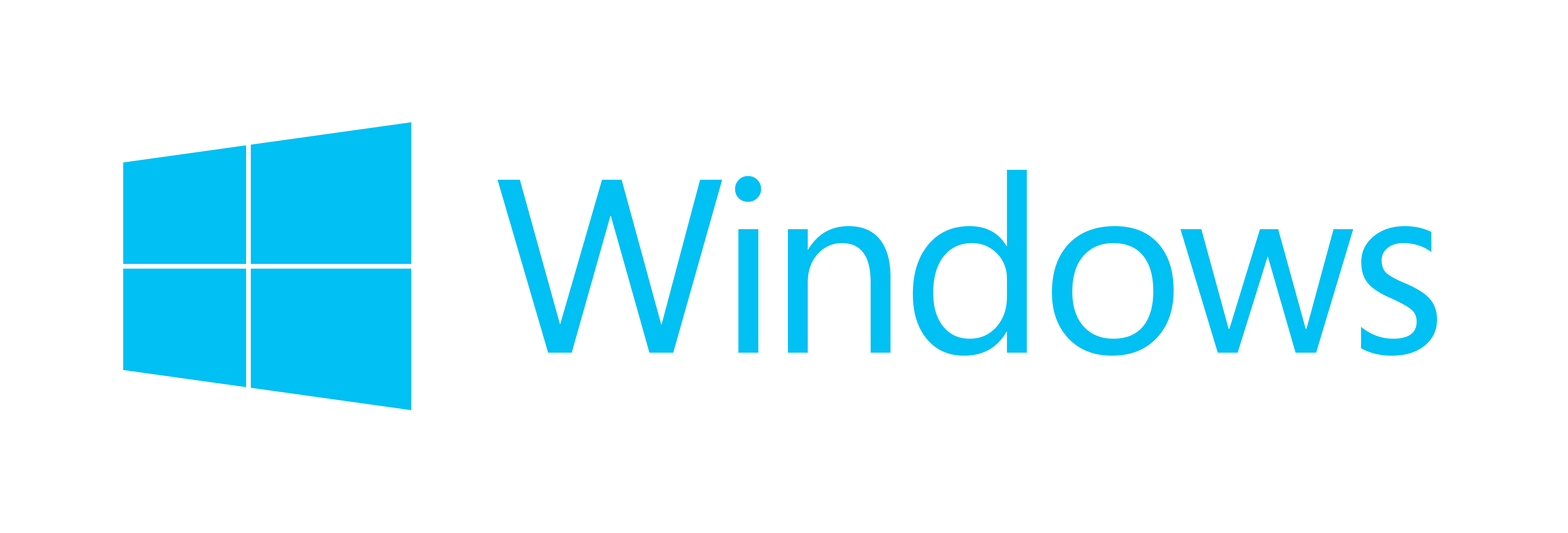A Brief Look into The Future of Firefox Add-ons
The Firefox add-ons are those awesome browser enhancement tools that enable users to get more and better functionality out of their Mozilla Firefox browser. When the term add-ons is referred, it could mean anything either plugins or extensions. Firefox extension development or say plugin development is a process that has added great new add-ons at specific intervals to the browser’s add-on ecosystem over the years. While Firefox has got its own add-on development community for the purpose, there are several other developers or say add-on development firms that offer customized services to those looking to develop customized Firefox add-ons for their need. Hence, getting the custom functionality out of your browsers is not such a difficult task with Firefox plugin development firms that offer plugin or extension development services at affordable costs to support one’s needs.
Let us now have a brief look into what Firefox is looking to get on with in its near future for the enhancement of its add-ons ecosystem.
Implementation of WebExtensions API
Firefox is planning to implement its very new browser extension API called WebExtensions. This extension API makes it easy for the developers to create extensions across various browsers. The extension API makes it easier to port add-ons from and to the other browser to and from Firefox respectively. Reviewing add-ons for add-ons ecosystem of Mozilla will now become a much easier and a less time consuming process. Now any changes made to the internal code of the browser will not have any negative affect or break out the add-ons. Moreover, using WebExtensions will be much easier for the users or developers than the other APIs like Firefox XPCOM/XUL APIs. The introduction of this API will now make the addon development process much alike to the cross-platform web development process. The aim is the single code should be able to run on various browsers. With WebExtensions API, it is possible in the near future that the extensions code written for Chrome, Safari or some other browser will also run in Firefox with few changes required. So, Firefox extension development supporting various browsers will not be a daunting task for the developers.
Multi-Process Firefox or Electrolysis
Multi-process Firefox is a methodology where the extensions code will run on a separate process other than the content. In the present scenario desktop Firefox and extensions code are running on the same process and hence, the extensions are able to access the content directly. This will not be possible with Multi-process Firefox or the Firefox’s Electrolysis project. This will enhance the performance of the Firefox browser while simultaneously improving its security. The WebExtensions API is compatible with this electrolysis and therefore developing or porting extensions for Firefox from other browser would be easier.
Apart from these above two improvements, Firefox is planning to defend itself from malicious add-ons with a blocklisting mechanism. Here the developers after Firefox extension development would be required to submit their extensions for review process. Only the Mozilla reviewed and signed add-ons will be installed and others won’t work with the browser.
Hence, Firefox add-on developers are coming with drastic changes in the years to come in order to develop the Firefox add-ons ecosystem.


